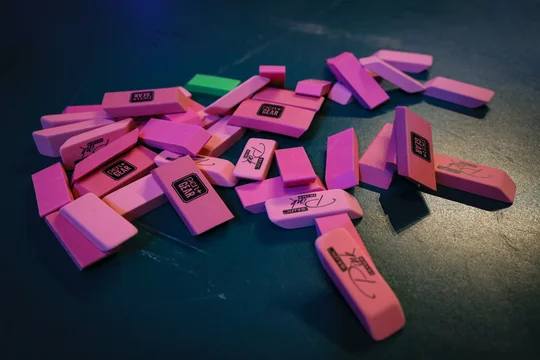This report, produced by the Court, is available on the Court's website. I’d encourage our readers to peruse the full report, but we highlight a few interesting statistics and announcements below.
IP Cases Continue to Dominate the Docket
In 2022, there was an increase in jury trials to 19 in the District of Delaware. Patent/IP cases accounted for 44% of all civil filings in the last 7 years and 43% in 2022 alone.

Nationally, patent filings decreased from 4,037 filings to 3,854. In the District of Delaware in 2022, 685 patent cases were filed, a 23.04 percent decrease from the previous year of 890. Delaware is second in the nation, after …







